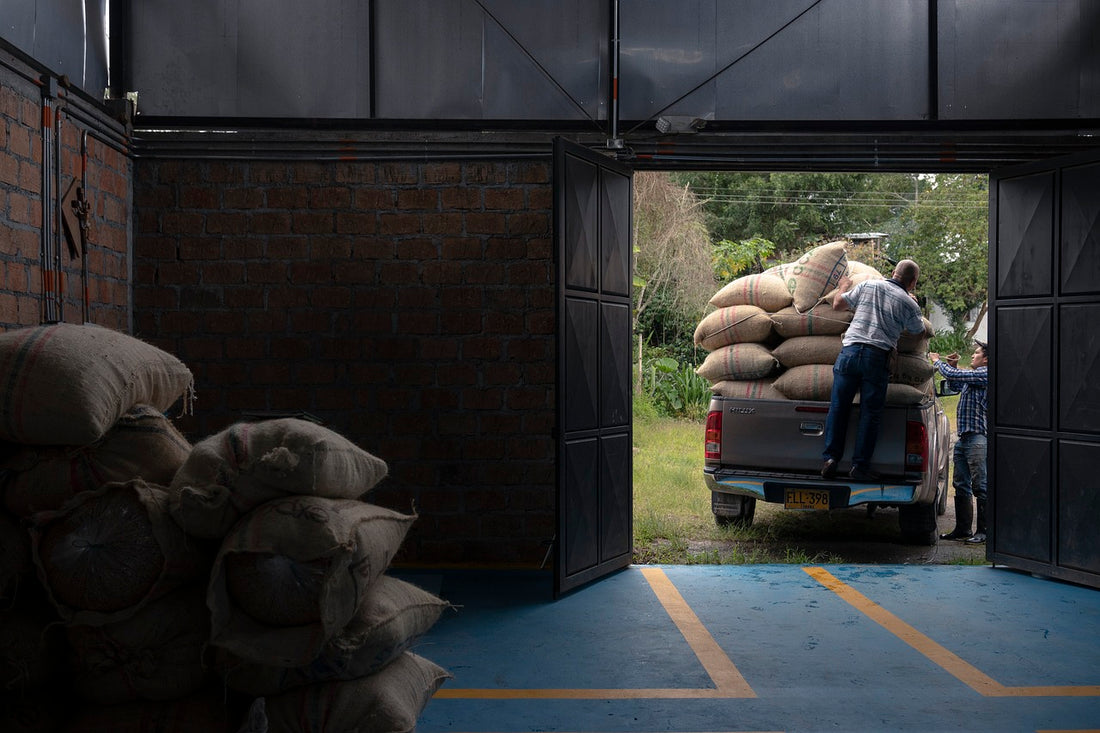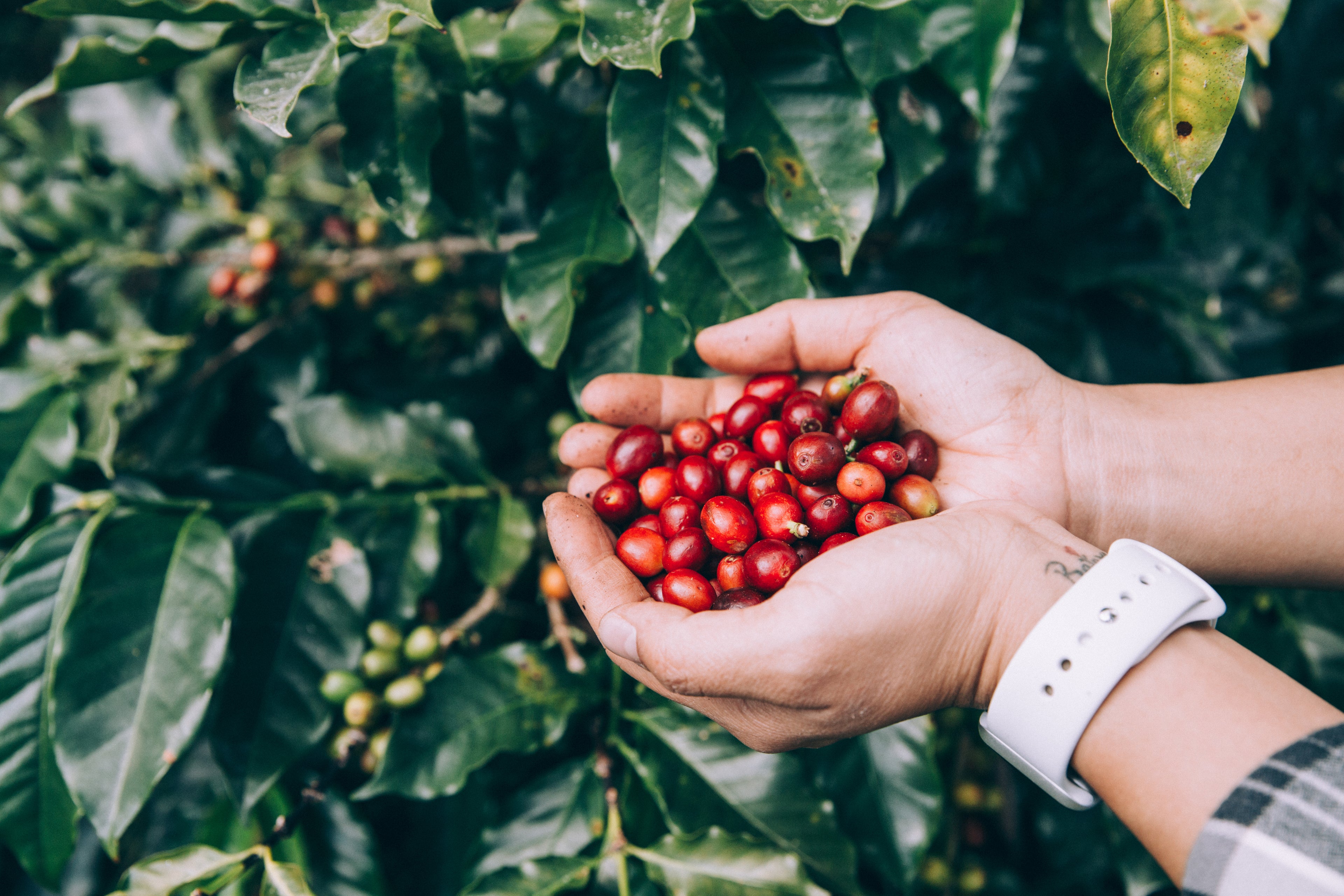
Exploring the Universe of Specialty Coffee
Introduction
Specialty coffee is more than just a beverage; it's an art form, a complete sensory experience that transports us through the senses to the remotest corners of the world. In this article, we delve deep into the complexities and wonders of specialty coffee, from its historical origins to its influence on modern culture.
Origins and History
Coffee, originating from Africa, has come a long way from its humble beginnings to becoming one of the most popular and cherished beverages worldwide. From its early days in Arabian markets to its spread to Europe and beyond, coffee has been a symbol of cultural exchange and socialization.
However, specialty coffee is a relatively recent phenomenon. It emerged in the latter half of the 20th century as a reaction to the commercialized and standardized approach to coffee, with a renewed emphasis on quality, craftsmanship, and connection to the product's origin.
The Pillars of Specialty Coffee
Specialty coffee is based on four fundamental pillars: quality, flavor, origin, and ethics. Each coffee bean is carefully selected for its exceptional quality, which is reflected in its unique and unmistakable flavor. From the slopes of the mountains to the consumer's cup, transparency and traceability of coffee origin are valued, allowing consumers to connect with the stories and cultures of the producing communities.
Additionally, specialty coffee is guided by ethical principles that promote environmental sustainability and the welfare of farmers. Fair trade is encouraged, and local communities are supported, creating trade relationships based on mutual respect and fairness.
The Production Process
The journey of specialty coffee begins on coffee farms, where farmers carefully select and cultivate coffee varieties with love and dedication. Every step of the process, from harvesting to processing and drying, is carried out with attention to detail to preserve the quality and flavor of the coffee.
After harvesting, the coffee beans travel to roasters, where master roasters use their experience and skills to highlight the unique flavors and aromas of each batch. Through carefully controlled roasting methods, complex and balanced flavor profiles are developed, making specialty coffee a truly exceptional experience.
The Experience in the Cup
Finally, specialty coffee reaches the consumer's cup, where experienced baristas use precise techniques and high-quality equipment to prepare beverages that delight the senses and satisfy the soul. From the classic espresso to the elaborate latte, each cup of specialty coffee is a masterpiece of craftsmanship and creativity.
Cultural and Social Impact
Specialty coffee is not just a beverage but also a symbol of community and human connection. Specialty cafes serve as gathering places where people can come together, socialize, and share experiences. Additionally, specialty coffee has a positive impact on producing communities by supporting sustainable agricultural practices and improving the living conditions of farmers and their families.
Conclusion
In an increasingly globalized and interconnected world, specialty coffee invites us to reconnect with our roots and appreciate quality, authenticity, and cultural diversity. Whether enjoyed at home or explored in local cafes, each sip of specialty coffee reminds us of the beauty and complexity of the world around us.


